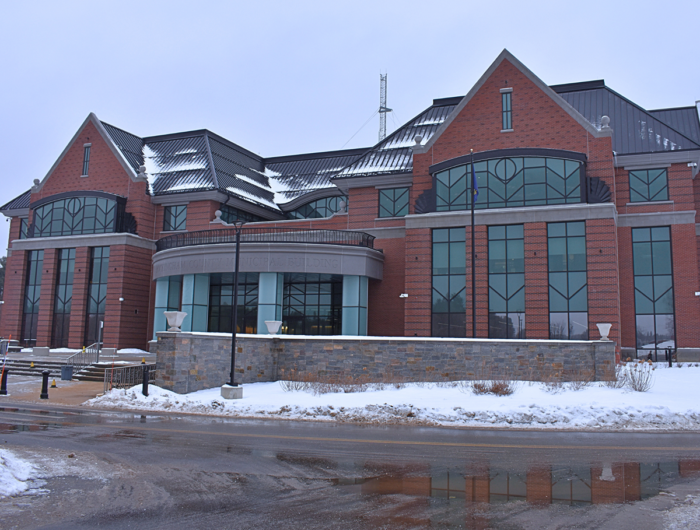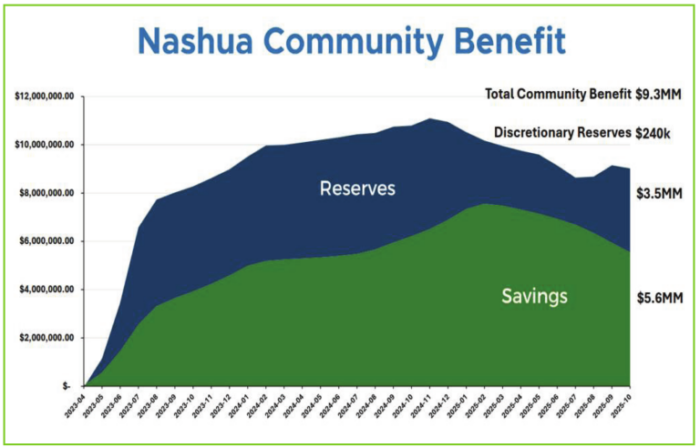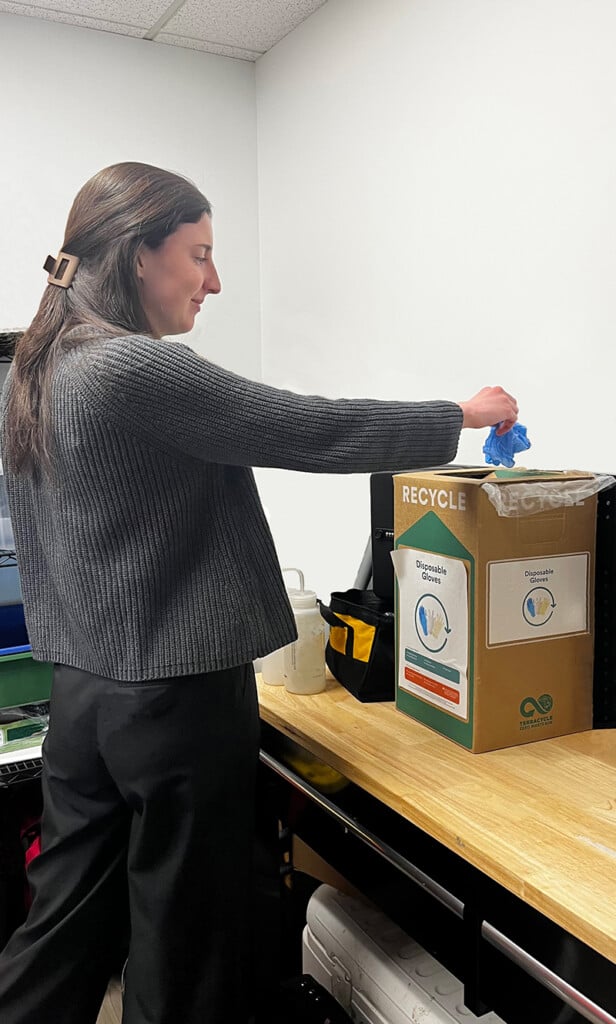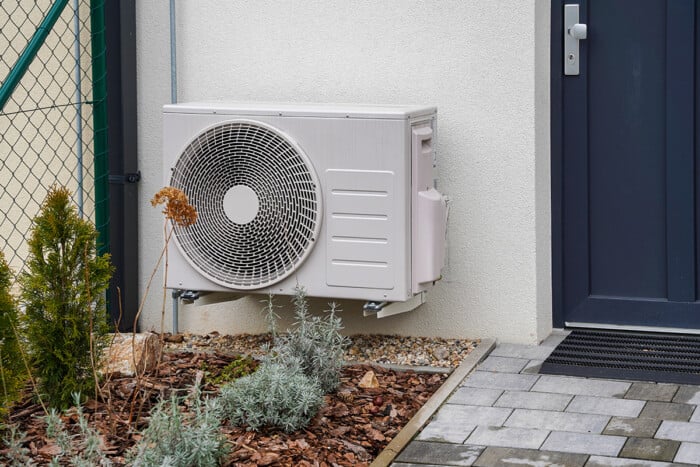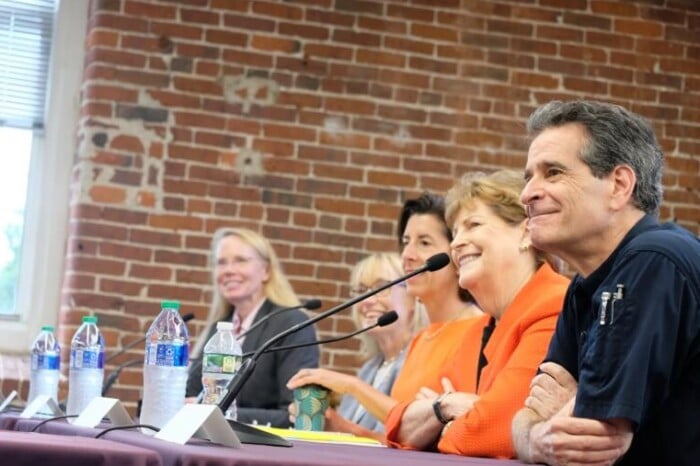Advocates decry $43.5 M solar grant clawback
Trump pulls funding for Solar for All program, which aims to expand access for low-income users
Solar advocates in New Hampshire — backed by the congressional delegation — are denouncing a Trump White House decision to claw back $43.5 million already promised to the state to fund solar energy projects for low-income residents.
What was called the Solar for All program aimed to expand access to onsite solar power systems and community solar arrays, specifically targeting low-income and disadvantaged communities across the state.
“The effect of the decision to revoke NH’s Solar For All grant will simply be that the affordable housing in New Hampshire is less affordable,” said Sam Evans-Brown, executive director of Clean Energy NH.
“These grant dollars were going to be used to provide significant savings to people at a time when electric bills are skyrocketing.”
Phil Coupe, co-founder of ReVision Energy, the state’s largest solar installer, said President Donald Trump’s administration energy policy is “explicitly designed to harm the renewable energy industry while propping up a declining fossil fuel industry.”
ReVision has been responsible for several publicly funded installations in the state, including arrays for the towns of Exeter and Jaffrey, in Kingston for energy-provider Unitil Corp., and other commercial enterprises, such as Blasty Bough Brewing Co. in Epsom.
The Solar for All program was wrapped into the 2022 Inflation Reduction Act, initiated by Democrats in Congress and ultimately signed by then President Joe Biden, also a Democrat.
The current Republican-majority in Congress, at the behest of Trump, eliminated the funds as part of the One Big Beautiful Bill Act (OBBBA), even as states such as New Hampshire were gearing up for installations for qualified homeowners.
In a social media post on X, EPA Administrator Lee Zeldin said: “In some cases, your tax dollars were diluted through up to FOUR pass-through entities, each taking their own cut off the top! The bottom line is this: EPA no longer has the statutory authority to administer the program or the appropriated funds to keep this boondoggle alive.”
Dan Weeks, ReVision’s vice president of business development, called the move a disappointing “11th hour clawback.”
“It is the latest in a series of attacks from Washington on the cheapest, most abundant energy resources we have, which will only serve to raise energy costs for all Americans while putting countless electricians and other energy professionals out of work,” Weeks said.
High energy costs hit low-income households the hardest, according to Weeks.
Evans-Brown questioned the legality of clawing back previously-approved funds.
“The congressional record established during the debates over the OBBBA clearly shows that
Congress did not intend for that bill to retroactively claw back funds that had already been obligated,” he said. “This means that instead of going towards a program that would have enhanced energy independence and affordability, your tax dollars will now go towards expensive and unnecessary legal battles.”
Several states and organizations have indicated they are going to challenge the clawback in court.
In a joint statement, the state’s two U.S. representatives and two U.S. senators — all Democrats — said: “This unlawful action would directly contradict our shared goal of lowering costs for American households.”
According to the statement from U.S. Rep. Chris Pappas (1st CD), U.S. Rep. Maggie Goodlander (2nd CD), U.S. Sen. Jeanne Shaheen, and U.S. Sen. Maggie Hassan, several organizations within the Granite State were poised to deploy the money in various energy saving projects.
They said the Community Loan Fund planned to use this funding to support energy projects for up to 20 resident-owned manufactured home communities.
Similarly, New Hampshire Housing planned to use this funding to install community solar on workforce housing projects.
The state Department of Energy, as the lead applicant, planned to expand community energy programs across the state for communities not covered by its partners.
Their comments were contained in a letter to EPA chief Zeldin.
“These projects were designed to reduce costs for low-income households and would reduce utility bills for those households by 20 percent or more,” the delegation said.
Zeldin recently toured the state as part of his advocacy for the Constitution Pipeline project, which would link natural gas supplies in Pennsylvania to Northeast markets.
It was first proposed in 2012 but canceled in 2020 because of opposition and permitting obstacles in New York and elsewhere.
“I hope that New York and other states will take a look at it again, because all of us are facing energy prices that are too high, so we want to have more supply so that we can reduce people’s costs,” Ayotte said during Zeldin’s visit.
